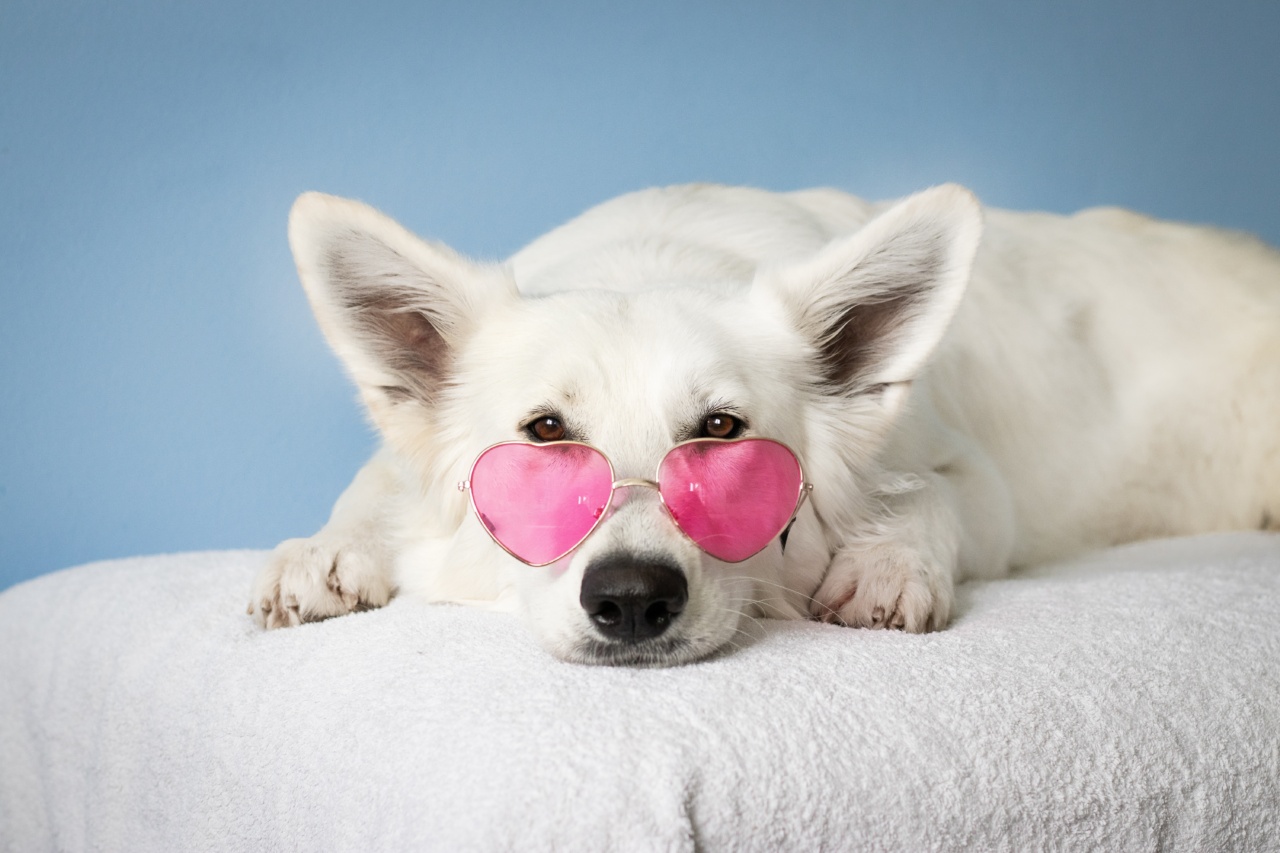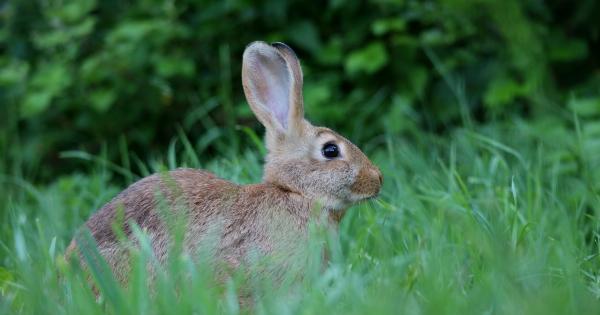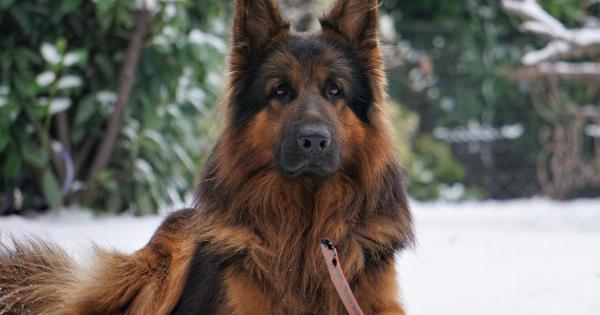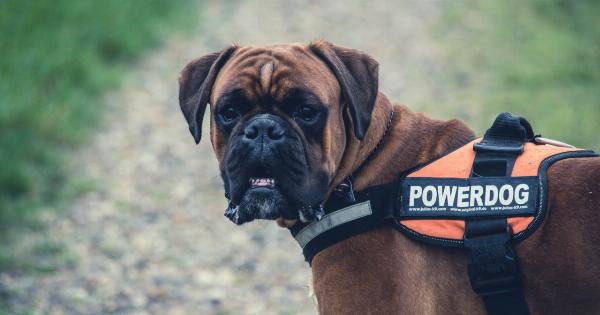When it comes to choosing a furry friend, finding the perfect dog breed can be an overwhelming task.
With so many different breeds to choose from, each with their own unique characteristics and traits, it can be challenging to determine which breed is the right fit for your lifestyle and preferences.
Consider Your Lifestyle
Before diving into the world of dog breeds, it is important to consider your lifestyle. Dogs come in all shapes and sizes, and each breed has different exercise, grooming, and training needs.
If you live in a small apartment and work long hours, a high-energy breed may not be the best fit for you. On the other hand, if you have an active lifestyle and enjoy spending time outdoors, a more active breed might be a better choice.
Size Matters
Size is an important factor to consider when choosing a dog breed.
Smaller breeds, such as Chihuahuas and Dachshunds, are often more suitable for apartment living, while larger breeds, like Golden Retrievers and Labrador Retrievers, require more space to roam and play. Keep in mind that larger breeds also tend to eat more and may have higher grooming needs.
Temperament and Personality
Each dog breed has its own unique temperament and personality traits. Some breeds are known to be more friendly and outgoing, while others may be more reserved or protective.
It is important to choose a breed whose temperament matches your own personality and lifestyle. If you have children or other pets, be sure to consider a breed that is known for being good with kids or other animals.
Activity Level
Consider your own activity level when choosing a dog breed. Some breeds, like Border Collies and Australian Shepherds, are highly active and require a lot of exercise and mental stimulation.
If you lead a more sedentary lifestyle, a lower-energy breed, such as a Basset Hound or a Bulldog, might be a better fit. Matching your activity level with your dog’s needs is essential for a happy and healthy relationship.
Grooming Needs
Grooming needs can vary greatly between different dog breeds. Some breeds, like Poodles and Shih Tzus, require regular professional grooming to keep their coat looking its best.
Other breeds, like Beagles and Boxers, have low-maintenance coats that simply need a weekly brushing. Consider how much time and effort you are willing to invest in grooming when choosing a breed.
Training Considerations
While all dogs require some form of training, certain breeds may be more challenging to train than others due to their intelligence, independence, or strong-willed nature.
Breeds such as Border Collies and German Shepherds are highly intelligent and thrive on mental stimulation and training. If you are a first-time dog owner or prefer a more laid-back approach to training, consider a breed with a more eager-to-please temperament.
Health Concerns
It is important to be aware of potential health concerns associated with certain dog breeds. Some breeds are prone to specific conditions, such as hip dysplasia or heart disease.
Researching and understanding the potential health issues of a breed can help you make an informed decision and take proactive steps to keep your furry friend healthy.
44 Dog Breeds to Consider
1. Labrador Retriever: A friendly and outgoing breed known for their intelligence and versatility.
2. Golden Retriever: Highly intelligent and gentle, they make great family pets and are excellent with children.
3. German Shepherd: Intelligent, loyal, and protective, German Shepherds are often used as working dogs.
4. Bulldog: Despite their tough exterior, Bulldogs are known for their friendly and easygoing nature.
5. Beagle: With their soulful eyes and friendly nature, Beagles make great companions for families.
6. Poodle: Highly intelligent and hypoallergenic, Poodles come in various sizes and require regular grooming.
7. Boxer: Playful and energetic, Boxers are great with children and make excellent companions.
8. Yorkshire Terrier: Small in size but big in personality, Yorkies are known for their confidence and loyalty.
9. Dachshund: Loyal and courageous, Dachshunds are great for families but require socialization and training.
10. Chihuahua: Small and sassy, Chihuahuas are known for their big personalities and can be a great companion for adults.
11. Border Collie: Highly intelligent and energetic, Border Collies excel in agility and obedience training.
12. Australian Shepherd: Energetic and versatile, Australian Shepherds thrive in active households.
13. Corgi: Small but mighty, Corgis are known for their intelligence and herding abilities.
14. Shih Tzu: Affectionate and playful, Shih Tzus make great lap dogs and are good with children.
15. Pomeranian: With their fluffy coats and vibrant personalities, Pomeranians are a great choice for small dog lovers.
16. Rottweiler: Protective and loyal, Rottweilers make excellent guard dogs and family companions.
17. Great Dane: Despite their giant size, Great Danes are often gentle giants and good with children.
18. Siberian Husky: Known for their striking blue eyes and energetic nature, Huskies thrive in colder climates.
19. Maltese: Elegant and affectionate, Maltese are small and white fluffy dogs that make great companions.
20. French Bulldog: With their unique appearance and friendly nature, French Bulldogs are popular family pets.
21. Basset Hound: Known for their long ears and calm temperament, Basset Hounds are great for households with a more relaxed lifestyle.
22. Bernese Mountain Dog: Gentle and affectionate, Bernese Mountain Dogs make great family pets.
23. Doberman Pinscher: Intelligent and loyal, Dobermans are often used as guard dogs and make excellent companions.
24. Newfoundland: Gentle and patient, Newfoundlands are known for their water rescuing abilities.
25. Shetland Sheepdog: Energetic and intelligent, Shelties are great for active households and excel in agility training.
26. Mastiff: Despite their intimidating appearance, Mastiffs are gentle giants and make loyal family pets.
27. Dalmatian: Known for their unique spotted coat, Dalmatians are energetic and require regular exercise.
28. Vizsla: Active and affectionate, Vizslas make great companions for active individuals and families.
29. Saint Bernard: Known for their large size and gentle nature, Saint Bernards are great family pets.
30. Cocker Spaniel: Friendly and gentle, Cocker Spaniels make great companions for families and individuals alike.
31. Border Terrier: Intelligent and energetic, Border Terriers are great for active households.
32. Boston Terrier: With their tuxedo-like markings and friendly nature, Boston Terriers are great family pets.
33. English Bulldog: Despite their wrinkled appearance, English Bulldogs are known for their calm and friendly demeanor.
34. Shiba Inu: Independent and spirited, Shiba Inus are good for experienced dog owners.
35. Staffordshire Bull Terrier: Affectionate and good with children, Staffordshire Bull Terriers make loyal family pets.
36. Weimaraner: Active and intelligent, Weimaraners excel in outdoor activities and require mental stimulation.
37. Rhodesian Ridgeback: Loyal and protective, Rhodesian Ridgebacks are great for active individuals and families.
38. English Springer Spaniel: Energetic and friendly, Springer Spaniels are great for families who enjoy outdoor activities.
39. Irish Setter: Playful and outgoing, Irish Setters are known for their beautiful red coats and friendly nature.
40. Jack Russell Terrier: Energetic and intelligent, Jack Russell Terriers require proper training and mental stimulation.
41. Bull Terrier: Known for their unique egg-shaped heads, Bull Terriers are loyal and full of character.
42. Alaskan Malamute: Strong and independent, Alaskan Malamutes are great for experienced dog owners who enjoy outdoor activities.
43. American Eskimo Dog: Intelligent and playful, American Eskimo Dogs make great family pets and are known for their white fluffy coats.
44. Cavalier King Charles Spaniel: Gentle and affectionate, Cavaliers are known for their friendly nature and make great lap dogs.
Conclusion
Choosing the right dog breed involves considering factors such as your lifestyle, size preferences, temperament, activity level, grooming needs, training considerations, and potential health concerns.
By taking the time to research and evaluate different dog breeds, you can find the perfect furry friend that will bring joy and companionship to your life for many years to come.






























